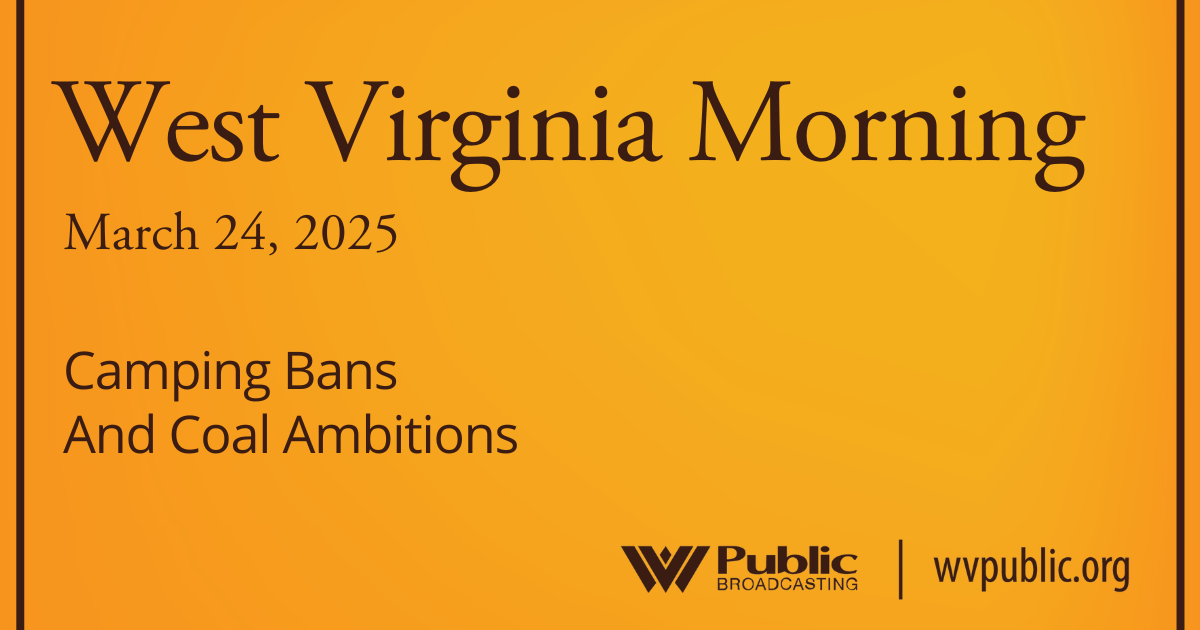West Virginia voters are already required to show some form of identification at the polls to prove their voting eligibility. House Bill 3016 would require that to be a state-issued photo ID — namely, a driver’s license, passport or a resident identification card.
Updated on Friday, March. 21, 2025 at 2:30 p.m.
Some members of the West Virginia House of Delegates want to tighten laws for verifying voter eligibility. But opponents worry that could make the process unnecessarily burdensome.
State code generally already requires voters to show some form of identification at the polls to prove their voting eligibility. House Bill 3016 would require that to be a photo ID — namely, a driver’s license, passport or a resident identification card.
The bill would also require state IDs to denote if a resident is not a U.S. citizen with the word “non-citizen.” The bill is sponsored by Del. Erica Moore, R-Roane, and was discussed by members of the House Judiciary Committee Friday morning.
Proponents of the bill say it could reduce voter fraud, and that obtaining qualifying IDs in the state is already an accessible process. That included Del. Rick Hillenbrand, R-Hampshire.
“Looking at the bill and all the testimony … there’s still several other options for identification,” Hillenbrand said during the committee meeting.
But opponents of the bill like Del. Evan Hansen, D-Monongalia, worry verifying a resident’s citizen status between the secretary of state’s office and department of motor vehicles could be a technically faulty process.
Hansen also expressed concern that the bill would be overburdensome on residents who already have difficulty obtaining or renewing forms of identification.
“I have concerns about elderly people who no longer drive and don’t have a valid passport anymore,” he told West Virginia Public Broadcasting after the meeting. “They’re going to have to travel from a senior living facility to the county clerk’s office to get a new voter ID card with a photo, and that’s not really practical for a lot of our elderly voters.”
Hansen said he worries the bill is part of a broader effort to reduce voting access from some lawmakers.
“The Republican supermajority is pushing a number of bills that make it harder for people to register to vote, harder for people to actually vote, and harder for legally cast votes to be counted,” Hansen said. “I don’t know why they’re doing this. I think one of the most important things about America is preserving people’s access to vote.”
Julie Archer is deputy director of the West Virginia Citizen Action Group, which advocates and lobbies for progressive policies surrounding things like voting rights, environmental protection and health care. Archer attended Friday’s committee meeting and said she worries voters “could be disenfranchised” by the bill’s stipulations.
“We are very concerned about the number of eligible voters who would be disenfranchised, and the barriers it would create, especially for those who lack the necessary documentation for photo IDs,” Archer wrote in a message to West Virginia Public Broadcasting after the meeting.
Del. Josh Holstein, R-Boone, said he wants to further review the language of the bill to ensure that it only applies to those ineligible to vote, and is not overly restrictive to those who are simply not registered to vote.
“In my opinion, I think we need to add some clarifying language that doesn’t include non-registered voters, but only those that are prohibited from voting,” Holstein said during the committee meeting Friday. “I think that’s the intent of the legislation.”
Members of the committee agreed to table the bill until Monday for further review and possible amendment.
**Editor’s Note: This story was updated to correct Del. Josh Holstein’s first name.
